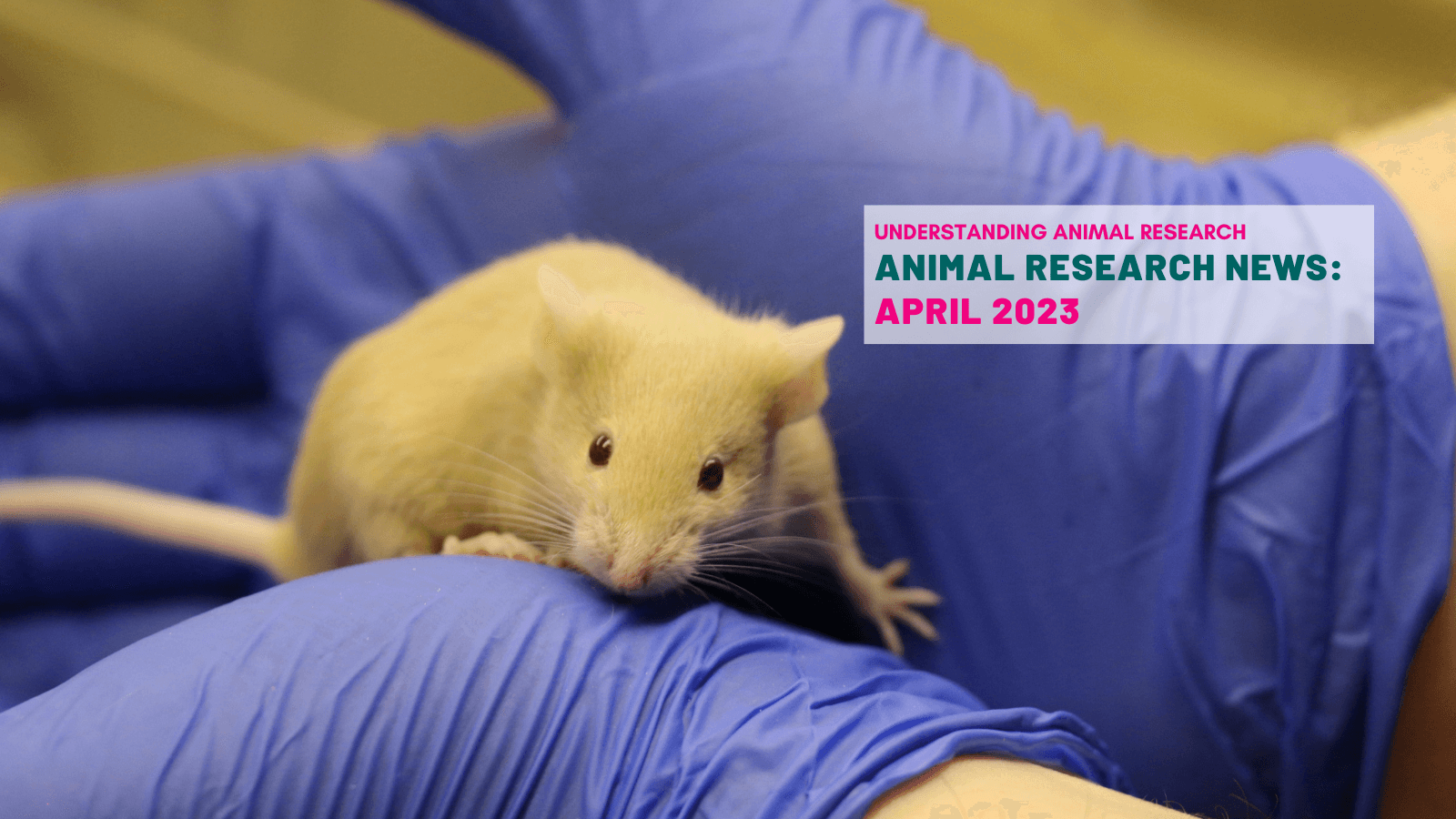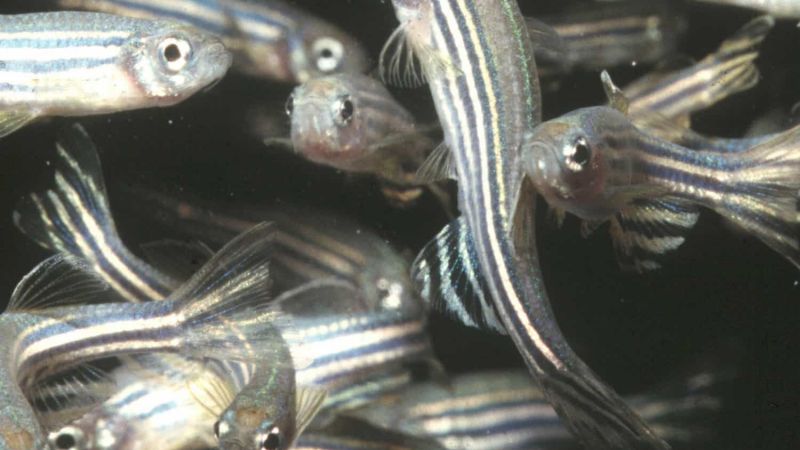
Mild fever helps clear infections faster in zebrafish
It might be be better to let a mild fever run its course instead of using medicines. Researchers found that untreated moderate fever helped fish clear their bodies of infection rapidly, controlled inflammation and repaired damaged tissue. Moderate fever is self-resolving, meaning that the body can both induce it and shut it down naturally without medication. The health advantages of natural fever to humans still have to be confirmed through research, but the researchers say because the mechanisms driving and sustaining fever are shared among animals, it is reasonable to expect similar benefits are going to happen in humans.
Read "Mild fever helps clear infections faster in zebrafish"
Why don’t brown bears get deep-vein thrombosis?
Inactivity for hours can lead to blood clots forming in humans with the danger of deep-vein thrombosis. Brown bears and other hibernating animals are inactive for weeks, even months, but don’t suffer from this type of blood clotting. To find out why scientists caught and collared and took blood samples from Swedish brown bears. They also took blood samples in winter by digging the bears out of their dens (they were returned).
The researchers noticed a protein called HSP47 was abundant in the bears’ blood during the summer, but virtually disappeared in the winter.
Previously it was found that mice bred to lack HSP47 were less likely to form blood clots.
Read "Why don't brown bears get deep-vein thrombosis"
Pet rabbits should be kept in pairs and given time and room to exercise
A recent study looks at the impact of different housing systems for rabbits with the level of the stress hormone corticosterone. It shows rabbits should not be kept alone but at least as a pair and should have free access to a run so that they can ‘hop, run, jump, dig and stretch out fully when lying down.’
Hopefully these findings will impact the ways that the 900,000 or so pet rabbits in the UK are kept.
Read "Pet rabbits should be kept in pairs and given room to exercise"
Special diet triggers self-destruction of brain cancer cells in mice
Abnormal or superfluous cells are killed off and re-absorbed as part of normal healthy living, a process known as apoptosis. Now a new type of cell cycling has been found called ferroptosis. Activation of ferroptosis might help control cancer. Restricting dietary intake of the amino-acids cysteine and methionine does this so mice with brain cancer (Glioblastoma) were given a restricted diet. The mice given this diet lived longer. Now suitable diets for humans are being created that restrict these amino acids while maintaining the nutrients necessary for good health. These will then be used in clinical trials.
Read "Special diet triggers self-destruction of brain cancer cells in mice"
Read the study in Nature
Antibodies create a 3D map of mice
Take a dead mouse, use solvents to make it transparent. Remove cholesterol and then add hundreds of antibodies to ‘paint’ the mouse in extraordinary 3D detail. This quality of internal imaging can show up cancer spread or the impact of medicines by revealing previously hidden interconnections in the body.
Read "Antibodies create a 3D map of mice"
£100k awarded to develop an in silico tool to predict thyroid receptor-mediated endocrine disruption
Currently chemicals are tested to see if they are endocrine disrupters by animal testing. This award aims to create a tool that predicts a chemicals danger by measuring its interaction with receptors found in the thyroid gland.
Read more on the NC3Rs Award
RSPCA and EFPIA to host webinar to discuss 3R’s
The RSPCA will be co-hosting a two-hour webinar on 22 June 2023 in conjunction with the European Federation of Pharmaceutical Industries and Associations (EFPIA), to discuss practical steps that are being taken within the pharmaceutical industry to avoid, replace and reduce animal use, along with some of the opportunities and challenges involved. This meeting will be of particular relevance to those within the pharmaceutical sector, and also those from regulatory bodies, competent authorities and national committees, as well as wider stakeholders.
Read more on the RSPCA/EFPIA Webinar
Pint of Science
Are you interested in hearing about the latest 3Rs advancements and innovations from the comfort of your local? The NC3Rs is returning to Pint of Science, the annual science festival that brings researchers and the public together to talk science in pubs, cafes and local spaces. Many other topics are discussed.
Last edited: 25 May 2023 10:37



